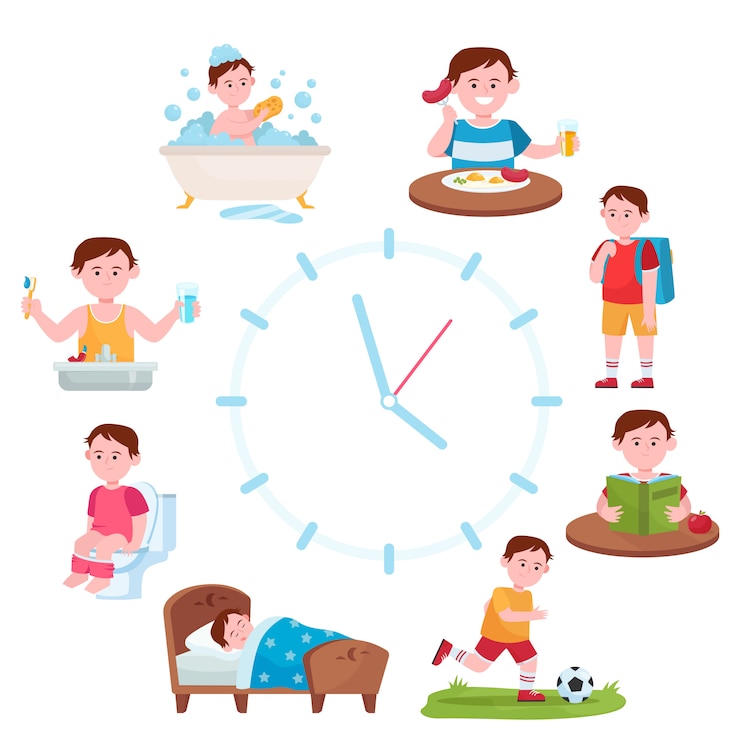
**Explore the Most Common Mistake in Child Discipline and Discover How a Change in Perspective Can Improve Your Child’s Behavior**
**Contents:**
Many of us like to think of ourselves as optimists, seeing the glass as half full. Personally, I’ve always leaned towards optimism, a viewpoint that solidified during a Philosophy 101 class in Fraser Hall about two decades ago. Our professor discussed two fundamental views on humanity. One suggests people are inherently good but occasionally do wrong, while the other argues that humans are inherently flawed but sometimes do good.
Reflecting on my childhood, I’ve always seen the world with hope. However, my experience as a mental health counselor has deepened my understanding. I’ve learned that most people, when confronted with life’s complexities and pains, are simply doing the best they can.
Harper Lee beautifully captures this in “To Kill a Mockingbird”: “You never really understand a person until you consider things from their point of view.” This quote serves as a reminder that humans are more than just their actions—a perspective worth applying to disciplining children.
Often, we overlook the need to extend understanding and compassion to children, the most vulnerable among us. Children’s actions are complex and often misinterpreted. We might label a child who cries as whiny, an arguing child as disrespectful, or one who doesn’t listen as naughty. But consider: don’t adults sometimes whine, argue, or have emotional outbursts too?
When we explore these behaviors further, we find they’re not just “children’s behaviors” but part of the human experience. Children haven’t yet learned better ways to express their needs. Their actions are attempts to meet underlying needs that deserve our curiosity and compassion.
Imagine:
– A child whining might simply need more sleep.
– A child who calls a sibling names might be struggling with self-esteem.
– A defiant child might be seeking boundaries for security.
– A toddler hitting their new sibling might be feeling jealous and lonely, craving connection.
– A child having a meltdown might be scared.
– A child getting out of bed might be anxious.
– A toddler throwing food might be testing boundaries for safety.
– A middle schooler struggling with homework might have delays in executive functioning.
– A kindergartner acting out might need help with social skills.
With countless variables in a child’s development, it’s crucial to understand the motivations behind their challenging behaviors. Are these actions based on a conscious choice to be “naughty,” or is that just a convenient interpretation for us?
Discipline should teach, not punish. Misinterpreting a child’s actions as personal affronts can lead to emotional reactions rather than thoughtful, supportive guidance. Children deserve understanding and guidance, not shame and punishment. Taking a step back to appreciate the motivations behind a child’s behavior leads to better immediate outcomes and positively impacts their future emotional well-being.
Here’s how this perspective shift benefits both you and your child:
1. Modeling calmness teaches emotional regulation.
2. Providing a sense of security shows that their struggles won’t overwhelm us.
3. Setting boundaries respectfully increases their ability to internalize lessons.
4. Encouraging problem-solving and open communication teaches valuable life skills.
5. Maintaining a strong relationship helps maintain influence.
6. Protecting self-esteem by showing that making mistakes is part of being human.
7. Using natural and proportional consequences effectively teaches without shame.
8. Demonstrating respect fosters healthy future relationships.
Amid busy routines, it’s easy to take children’s struggles personally, but remembering their behaviors are communicating needs helps us react with support rather than frustration. Children’s behaviors often say, “I’m hungry,” “I need more time with you,” or “I’m overwhelmed.”
Parenting is challenging, but by extending grace to our children—as we’d like for ourselves in tough times—we recognize that growth is complex. By cultivating patience and curiosity, we enhance our child-rearing approach, improving behavior and strengthening relationships.
No parent is perfect, but striving to understand and meet a child’s needs is a worthy goal.
**P.S.** Want to discipline with compassion and avoid shame or blame? My ‘Positive Discipline Set’ offers tools to guide you in teaching and correcting your child without harmful tactics.
Join 30,000 other intentional parents who receive the Parents with Confidence weekly email and gain access to a free 5-day parenting course covering:
– How to protect your child’s self-esteem
– Ways to gain your child’s cooperation
– Essential skills for your child’s future
– How to discipline without causing emotional harm
**JOIN + RECEIVE MY E-COURSE!**
We do not send spam. Unsubscribe anytime.



